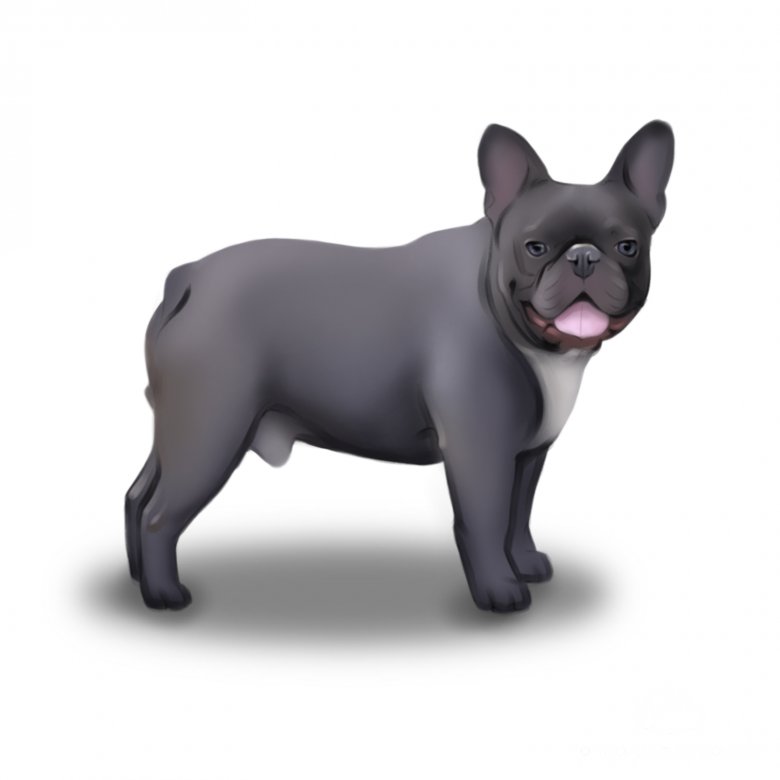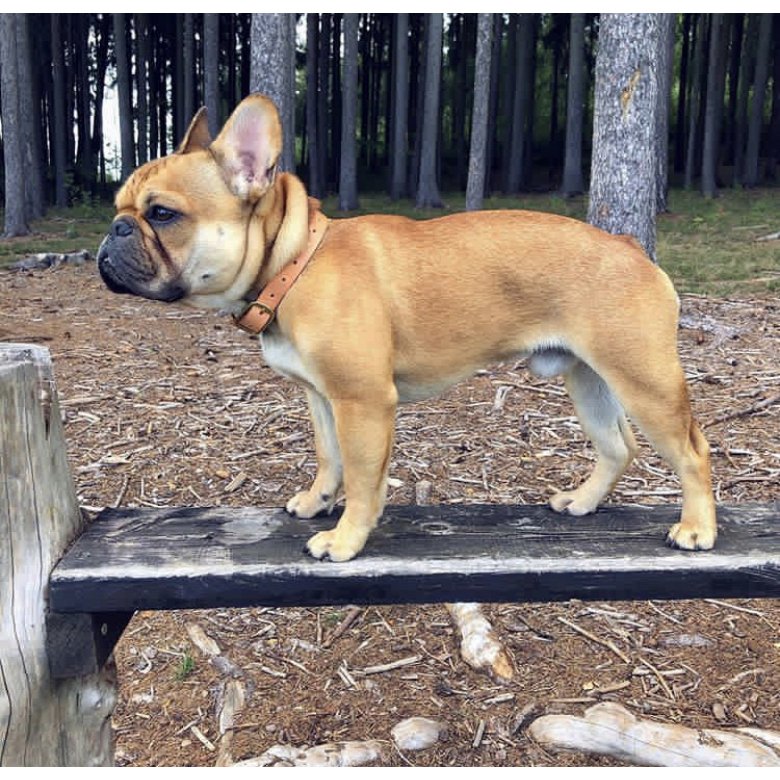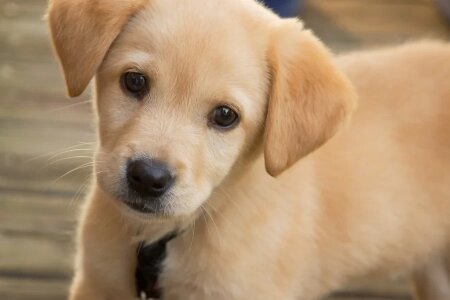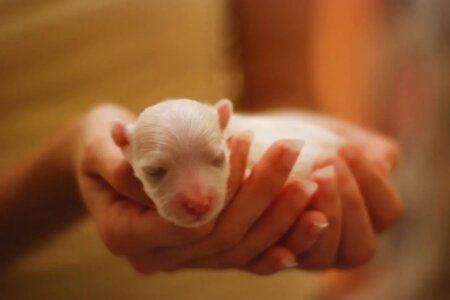Why French Bulldogs are great
French Bulldogs are some of the most popular breeds in the modern world, often being associated with fashion. They are small, adaptable and can make great family pets. Some highlights:
Very adaptable and can live in an apartment or house
Good with children
French Bulldogs can be a good choice for first time owners
Only need shorter walks
French Bulldogs are low shedding and can be low maintenance
Things to consider when looking at French Bulldogs for Sale
Some downsides to the French Bulldog:
Due to how popular the breed is, French Bulldogs can be expensive from an established and respected breeder.
They can suffer from separation anxiety if they’re left along for periods of time.
Sometimes can be stubborn and demanding, be careful of over pampering them.
History of French Bulldogs
There is a debate on the exact heritage of the French Bulldog breed, however the following is the most likely and accepted. The French Bulldog is assumed to have descended from lace workers in Nottingham, by mixing English Bulldogs and Terrier dogs. The work dried up in Nottingham in the 1800’s and the workers moved to France where there was a booming trade, taking their dogs with them. This bulldog became very popular in France, gaining its name French Bulldog. Early Bulldogs were used for bull bating and fighting, but when English Law outlawed bull baiting in 1830’s, the cross breeding with smaller dogs began, as smaller bulldogs became companions instead of fighting dogs. Smaller dogs were often crossbred with Pugs to give the French Bulldog we have in the modern world. The Nottingham Lace workers became big fans of the breed as they would use the dog as a lap warmer whilst working in the industrial revolution, and took them to France following the work. The French Bulldog breed was quickly recognised by the Americans too, with the first of the breed getting shown in 1890’s in the US. The French Bulldogs then got reintroduced to England in the 1890’s where there was some resistance from English Bulldog breeders. Through until 1902 when the French Bulldog Club was founded and held their own shows. The French Bulldog became an accepted breed by 1903 with the Kennel Club. Affectionately known as ‘Frenchies’ the French Bulldog has become extremely popular and a symbol often associated with fashion.
Appearance
The French Bulldog is classed as a small dog. They are extremely muscular looking due to their heritage, with smooth coats. They have characteristic folds and wrinkles all over their body, with their skin needing to be loose and soft.
How big is the French Bulldog?
A French Bulldog is about 11 to 12 inches tall
How heavy is a French Bulldog?
Males will weigh around 20 to 28 pounds, with Females around 16 to 24 pounds.
What Colour is the French Bulldog?
The Kennel Club will allow Brindle, Fawn and Pied.
Temperament
French Bulldogs and puppies are well known for being amazing companion dogs, who love being with humans. They are a good choice for people in smaller homes and apartments, being small and easy going, they love acting like a clown! They’re quite and not known to bark, so perfect for you as a companion around all the time and to sit down with you whilst watching TV, for example.
Do French Bulldogs make good guard dogs?
A French bulldog is quick off the mark to let the owner know when strangers arrive, but they won’t be aggressive or make any use being a guard dog because they are so friendly.
Do French Bulldogs bark a lot?
No. The French Bulldog is not known for barking a lot, however, they do not like being left along for a long time, and may look for attention when this happens. Teaching a French Bulldog at a young age not to bark is important.
Are French Bulldogs easy to train?
French Bulldogs are good for first time owners because they are so friendly and can be trained easily. Positive reinforcement is necessary and reward your dog for good behaviour.
Are French Bulldogs playful?
The French Bulldog is known to be silly and entertaining, remaining very puppy like all the way through their lives.
Are French Bulldogs good with children?
Yes. Due to their gentle and loving nature, the French bulldog is great around children.
Are French Bulldogs good with other pets?
French Bulldogs can have a high prey drive which means they naturally will chase small animals, and we would recommend that they are not left alone round small pets and animals they don’t already know. When walking your French Bulldog, also be careful where you let your French Bulldog off the lead. They are very good around animals of similar sizes and can form strong bonds with cats if they grow up together.
Can I leave a French Bulldog Alone?
French Bulldogs will form strong relationships with their owners and can suffer when they are left alone. We would recommend taking your dog with you when you are out.
Health
How long do French Bulldogs live?
10-15 years is the average life span for the French Bulldogs.
How much exercise does a French Bulldog need?
You can keep your puppies and dogs occupied by having fun and playing games with them, and going on short walks, which also helps increase relationships with the owner. We class the French Bulldog as low exercise needs, as only around 1 hour per day is needed, and make sure not too much exercise in hot weather as they can be known for having trouble breathing.
Care
How much space do I need for a French Bulldog?
French Bulldogs are well known for being very adaptable. This means they can live in a small house or apartment happily, providing they get enough exercise and stimulation daily.
What should I feed my French Bulldog?
When a puppy, they will grow lots and need the right minerals to stay healthy. It is always best to follow your breeders schedule they give you, and if they don’t give you one, you must ask for this advice. When an adult, feed twice a day in line with the appropriate activity level.
How much grooming do French Bulldogs need?
A French Bulldog needs weekly grooming especially under the tail which needs to be kept clean to dead hair and skin. Use a damp cloth and a towel being gentle. The short coat also means they are fairly low maintenance, however, they can become smelly if not cleaned enough. Use a damp cloth again to keep dead hair and skin out of their wrinkles in the skin, and remove moisture too. Try to bath using shampoo every 8 weeks also.
Do French Bulldogs shed?
They will shed more during the Spring and Autumn and try to brush them more often then. We would class them as low shed dogs however, so they’re nice to have around the house.
Average costs
How much does it cost to keep a French Bulldog?
As a rough guide in pricing: Cost to buy: roughly £1200 for a well-bred French Bulldog puppy Food and general care: £100 per month
Specific Buying Guide
You can read our general buying guide here (/advice-on-buying-a-puppy/), with the most important thing being going to view your French Bulldog Puppy, seeing it with its mother, and checking the quality of the breeder. More specifically, here is some French Bulldog puppy buying advice:
The BAER deafness test is important for Pied puppies after age 6 weeks.
Some advertisers will list Merle or Blue colours as rare, but this is looked down upon from the Kennel club as it can cause some health implications.
Be very wary of scams, such a popular and expensive breed like French Bulldog Puppies will always come with bad people!
Other reading and Rescue, or French Bulldog Adoption Organisations
A big thank you to the following sources who helped to shape this article: https://www.frenchbulldogclubofengland.org.uk/ https://frenchbulldogclub.org/ https://www.frenchbulldog.org/ https://www.thekennelclub.org.uk/services/public/breed/display.aspx?id=4088 https://www.frenchbulldogrescuegb.co.uk/


















